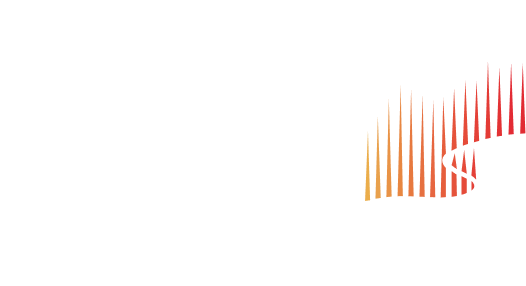Development Of A Canadian Pediatric CAR T-Cell Network To Manufacture And Deliver Therapies
Principal investigator(s):
Amanda Li and Joerg Krueger on Behalf of the Canadian Pediatric Cellular Therapy and Blood and Marrow Transplantation (CT/BMT) Group.
Chimeric Antigen Receptor T‐Cell (CAR T‐cell) technology has led to new effective therapies that have improved outcomes for children and adults with cancer. However, further industry-led research and expansion of novel CARs for pediatric indications is limited due to the relative rarity of childhood cancers compared with adult cancers and lack of financial returns.
Although CAR T-cell therapy has shown great promise in the treatment of B-cell acute lymphoblastic leukemia, further innovation is needed to both improve the long-term success of current CAR T-cell therapies and expand this powerful technology to treat other pediatric diseases. Due to the cost and complexity of delivering this type of cellular therapy, pediatric cancer patients in Canada who require CAR T‐cell therapy currently can only receive this therapy at four out of six pediatric cellular therapy and bone marrow transplant (CT/BMT) sites in Canada. Patients and families who do not reside near a designated centre must travel and relocate for extended periods of time to receive this treatment, posing additional barriers to families.
With the support of ACCESS, we are developing a Pan-Canadian Pediatric CAR T‐Cell Network. The Network aims to improve local Canadian access to CAR T-cell therapy care and develop the capacity for future academic-led CAR T-cell innovation.
Over the next two years the network has the following goals:
- To develop and validate point-of-care CAR T-cell manufacturing processes within the 6 Canadian pediatric CT/BMT centres, using on-site cell processing technology to allow for the production and development of clinical‐grade CAR T‐cell products in an academic setting. As the manufacturing process is intricate and costly, with complex Health Canada regulatory requirements, a pan-Canadian pediatric CAR Network will provide a time and cost‐efficient platform to manufacture, validate and share CAR T-cell expertise in a pediatric setting.
- The Canadian Pediatric CAR T-Cell Network will bring together pediatric oncologists, CT/BMT care teams, Persons With Lived Experience and advocates, to develop practice standards and referral pathways for all phases of CAR T‐cell therapy. The goal will be to identify the treatment components that can be delivered at non-CT/BMT centers, collaborate to establish post-CAR T-cell treatment standard practices, develop training and education resources pertaining to CAR T-cell therapy to support all pediatric oncology sites with the unique needs of these patients and to formulate consensus recommendations to the provincial/territorial funding agencies for novel indications of currently approved CAR T-cell therapies.
- The Canadian Pediatric CAR T-Cell Network aims to improve access in novel post-CAR T-cell therapy monitoring of treatment response through molecular minimal residual disease testing, which is not widely available in Canada.
In addition to successfully establishing a Canadian network of pediatric CAR T-cell manufacturing sites as a proof of concept for clinical implementation and a foundation for future clinical trials, the Canadian Pediatric CAR T-Cell Network will play a pivotal role in promoting equitable access to CAR T-cell therapy for pediatric cancer patients across Canada. By developing comprehensive practice standards, the network will enable aspects of CAR T-cell therapy and clinical trial participation to be delivered at local and regional levels, reducing barriers to care and ensuring that more children can benefit from these advanced treatments closer to home.
For more information, please contact Tricia Schneider.
Principal investigator(s):
Amanda Li and Joerg Krueger on Behalf of the Canadian Pediatric Cellular Therapy and Blood and Marrow Transplantation (CT/BMT) Group.
